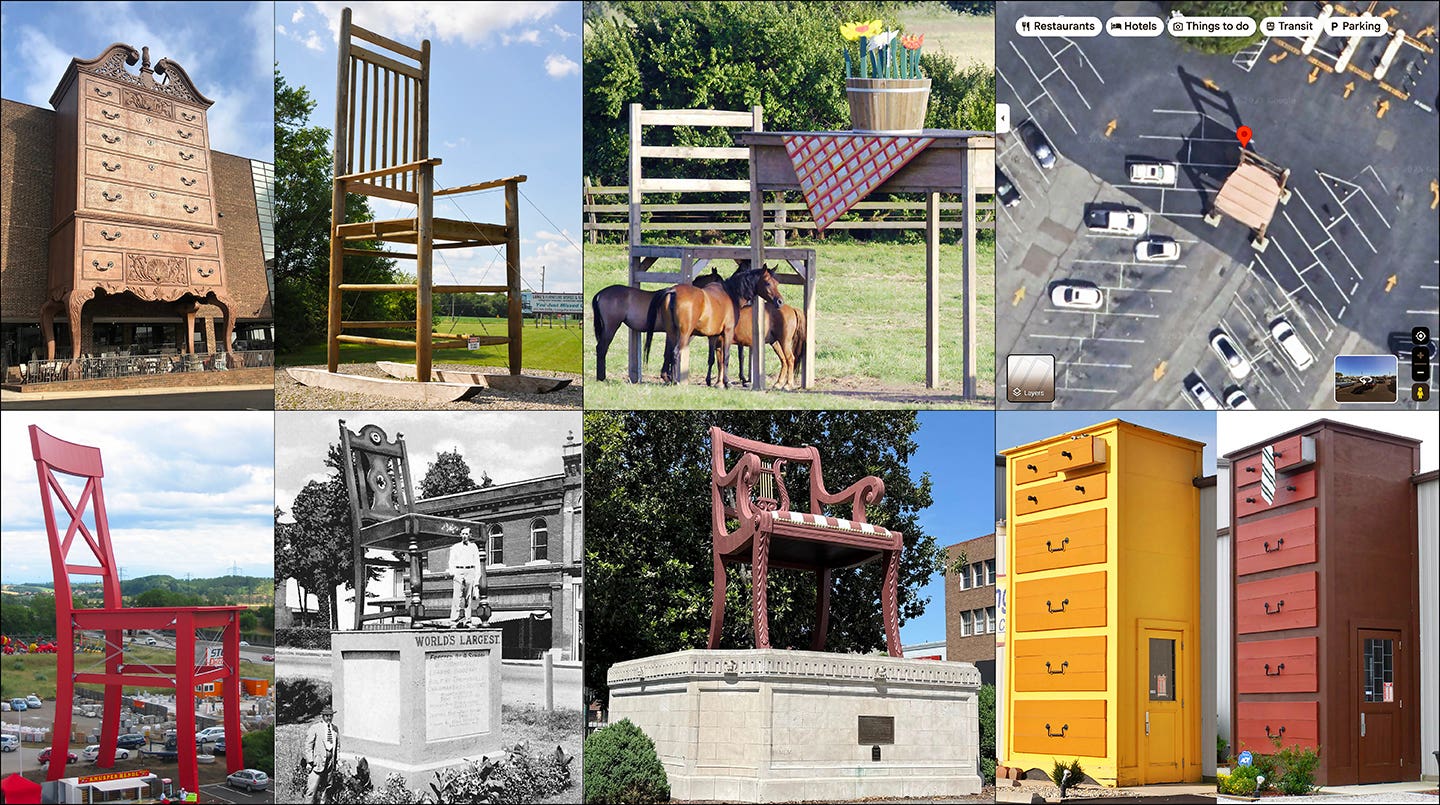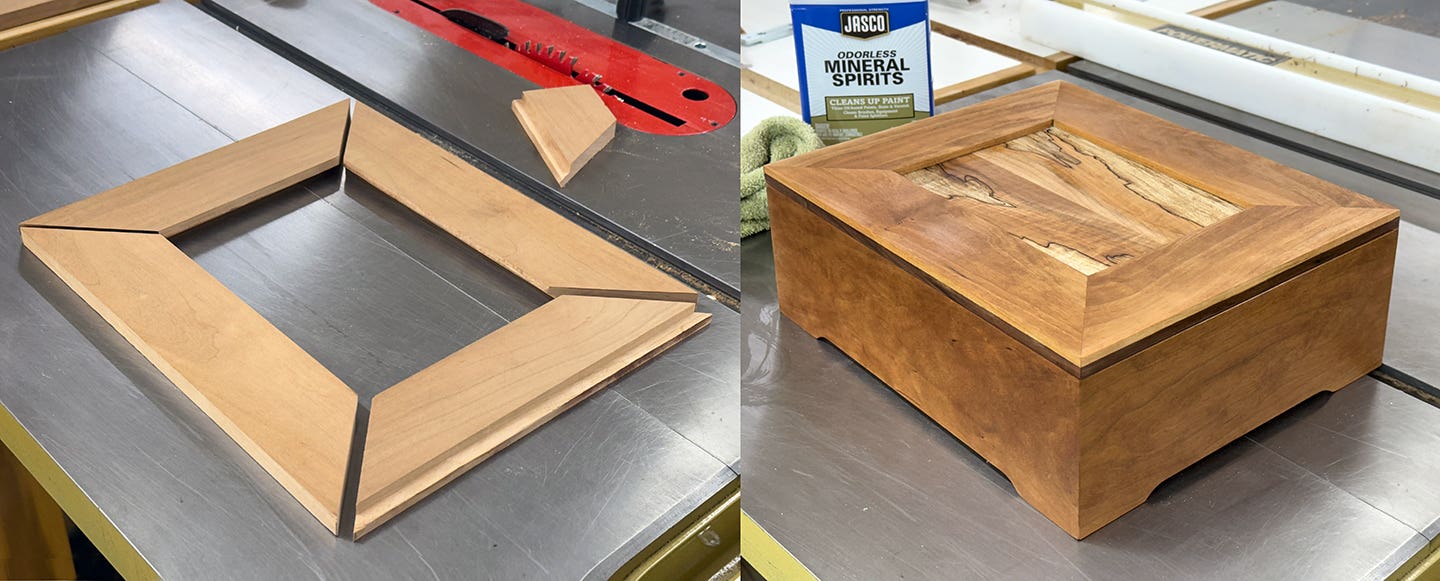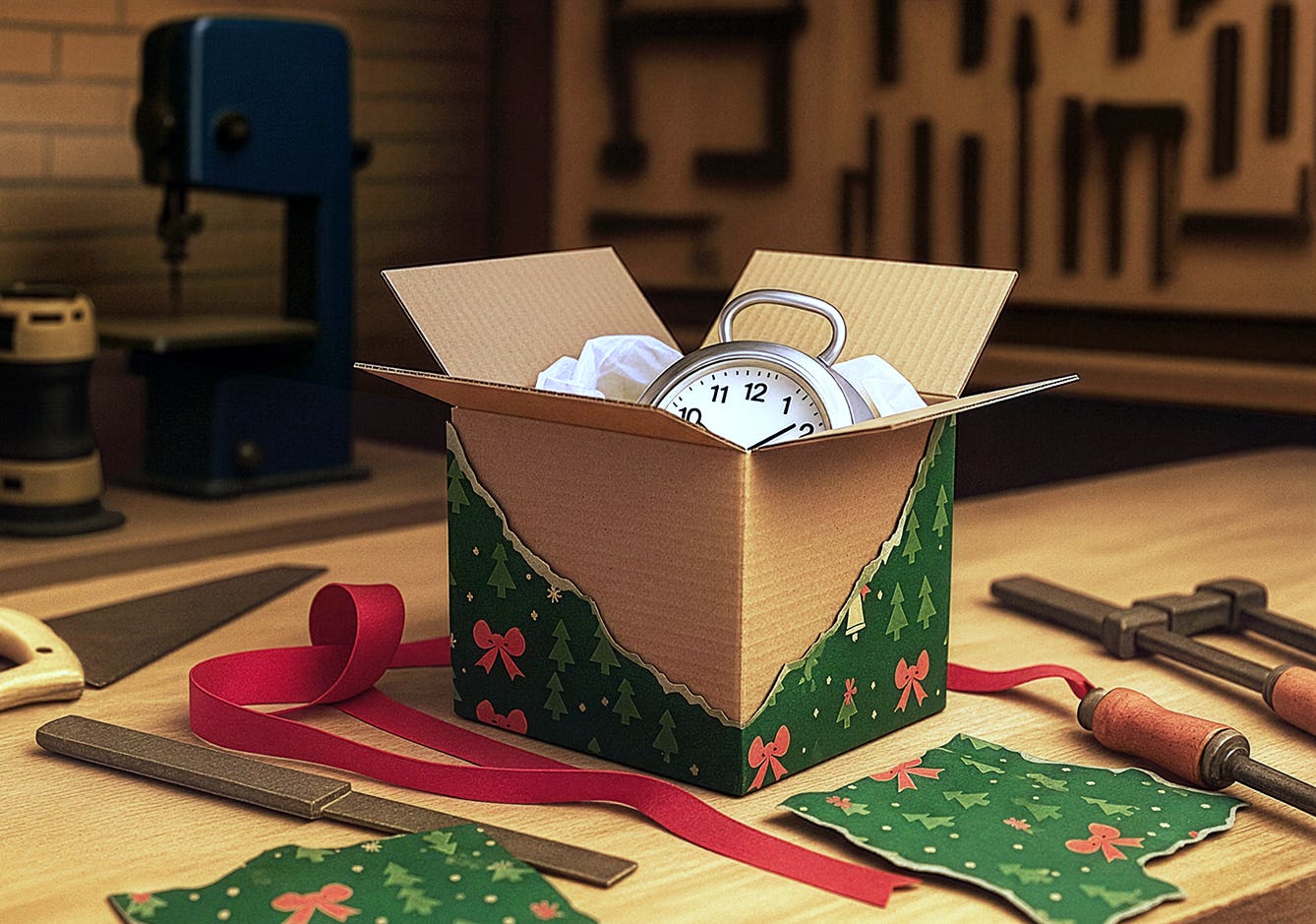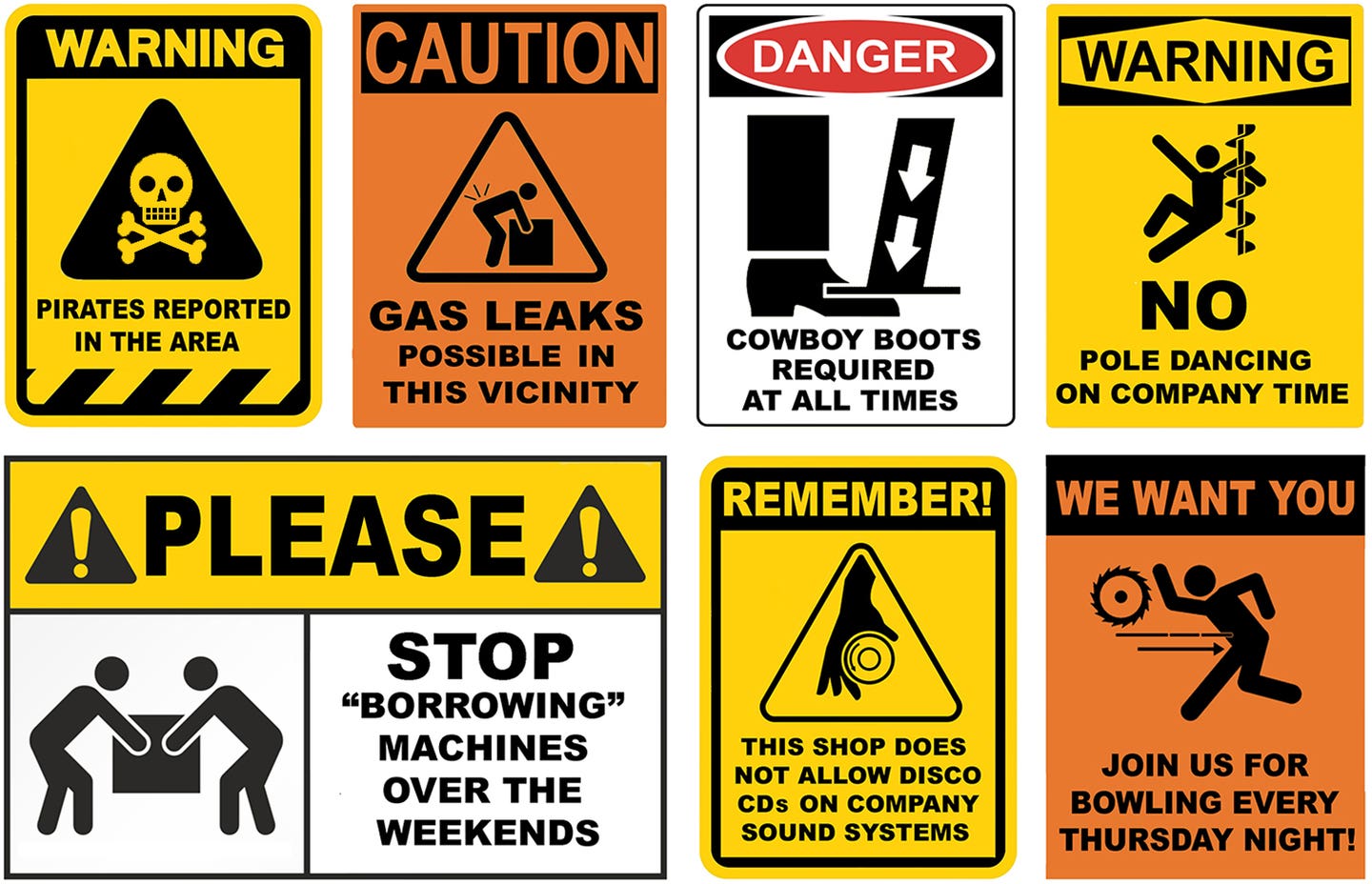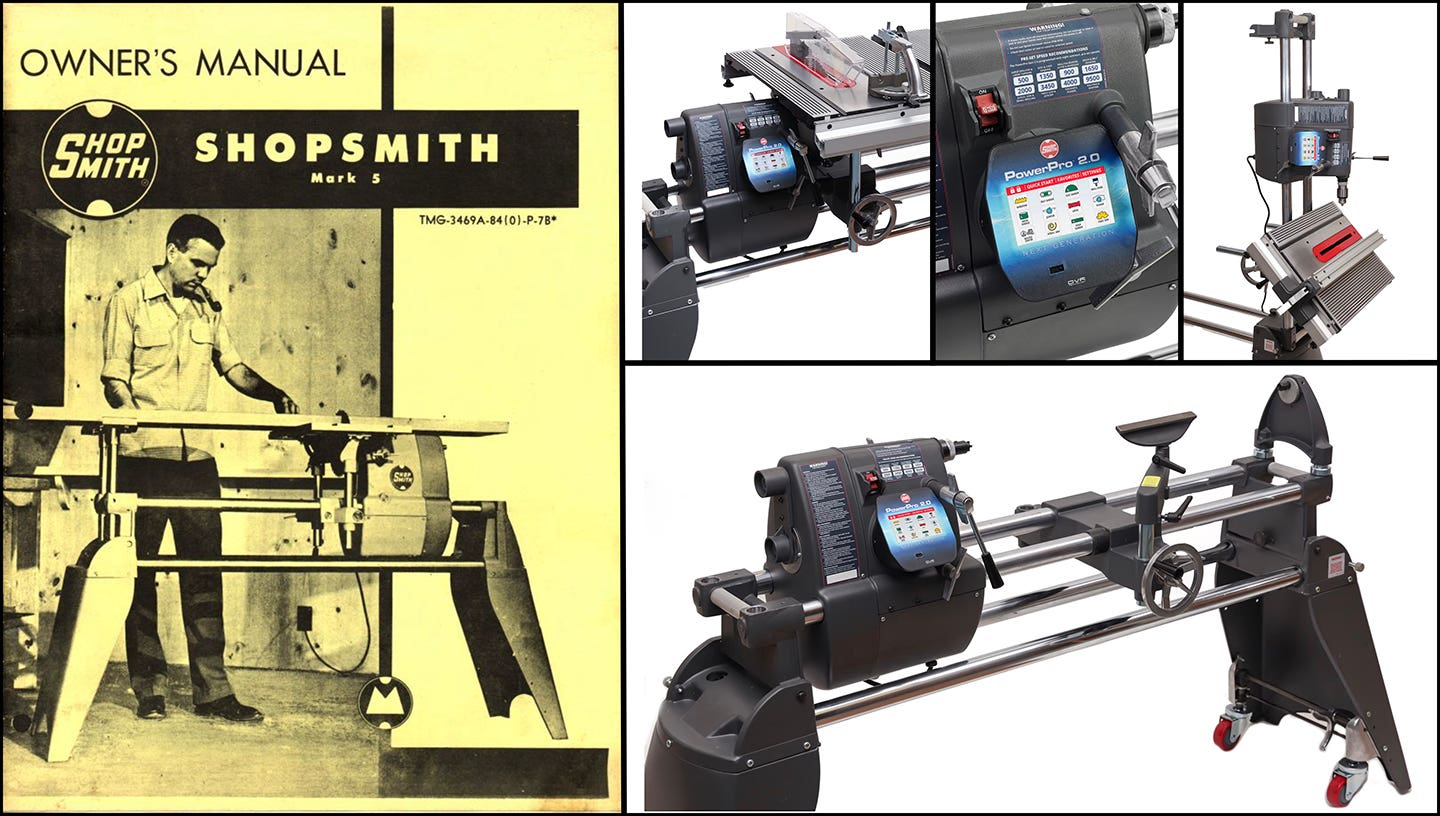Over a barrel
It’s sad when Mom & Pop stores and older businesses disappear in the modern world. Sometimes, though, they don’t disappear permanently. We’ve talked numerous times here and in David DeCristoforo’s…
It’s sad when Mom & Pop stores and older businesses disappear in the modern world. Sometimes, though, they don’t disappear permanently.
We’ve talked numerous times here and in David DeCristoforo’s blog about how older-style businesses – corner hardware stores, small shops, local lumberyards, etc. – can’t compete in a modern business setting. It’s sad, but that’s just the way things work. To succeed at any kind of business you have to meet the needs of the buying public, and in the way the public wants to buy. If you can’t, you’re gone. The buying public laments these losses with lots of woe-is-me tears and sorrow, but they don’t change their buying habits.
But sometimes the buying public realizes that what has disappeared is not only superior to what come after, they’re willing to change their buying habits enough – including paying a very high premium – to get those things back. The result is that businesses and craftspeople practicing things just like the good ol’ days are getting a second shot. One surprising example is coopering.
Not a lot of call these days for wooden barrels, what with the advent of barrels made from metal, plastic, composites and other materials. But some real connoisseurs of adult beverages miss aged-in-wood products that they’re willing to pay top dollar for spirits created in wooden barrels and kegs.
An article in the July 7, 2014 issue of Time magazine covers this phenomenon with some interesting numbers. Ever hear of the Great American Beer Festival? About 10 years ago their annual tasting competition saw only 26 barrel-aged entries; last year that figure jumped to 331. Meanwhile, the state of Kentucky reports that the yearly increase in aging barrels has gone up 120 percent since the turn of the century. (This one, the one that begins with “20.”)
The demand for barrels has put a lot of U.S. cooperages back in business, with some enjoying the welcome problem of trying to keep up with demand – but it’s not just us demanding it. In a development that brings trade and the world economy full circle, other countries want U.S. whiskey, which, by U.S. law, must be aged in new oak containers. According to the Time article, the country that’s expected to be one of the biggest consumers of genuine U.S. aged-in-good-ol’-wooden-barrels whiskey is the same one that has adversely affected American businesses the most: China.
I’m thinking the best response to this news is, “I’ll drink to that.”
A.J.
A.J. Hamler is the former editor of Woodshop News and Woodcraft Magazine. He's currently a freelance woodworking writer/editor, which is another way of stating self-employed. When he's not writing or in the shop, he enjoys science fiction, gourmet cooking and Civil War reenacting, but not at the same time.


